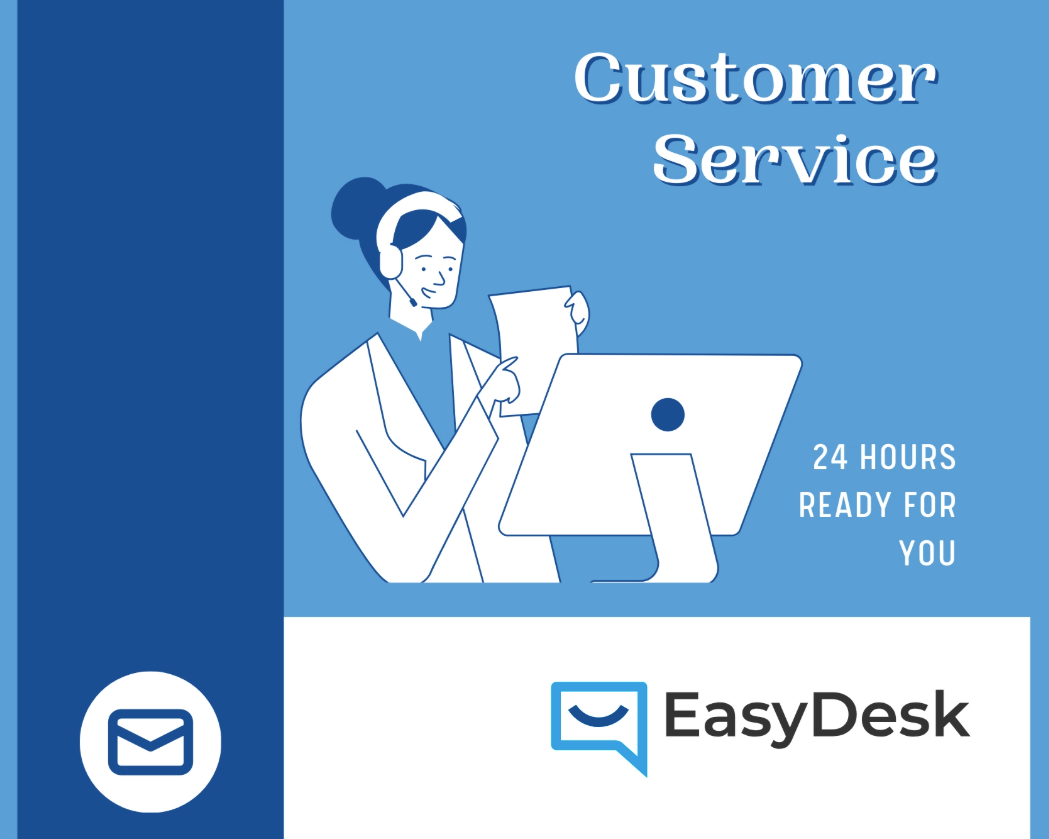Customer satisfaction is the heartbeat of every successful business, and in today’s fast-paced digital world, meeting customer expectations has become more challenging than ever. Companies need tools that allow them to respond quickly, resolve issues effectively, and maintain meaningful relationships with their clients. This is where Customer Service Software comes into play—it streamlines support processes, empowers teams, and ensures customers feel valued at every stage of their journey.
Why Customer Satisfaction Matters
Customer satisfaction goes beyond resolving a single issue. It builds trust, encourages repeat purchases, and strengthens brand loyalty. A satisfied customer is more likely to recommend a company to others, while an unhappy one can damage brand reputation through negative reviews. Since modern consumers expect near-instant responses, businesses must leverage technology to keep up with these demands.
How Customer Service Software Improves Satisfaction
1. Faster Response Times
One of the top reasons customers get frustrated is waiting too long for help. Customer service software, equipped with ticket management and automation, ensures that inquiries are assigned quickly and handled in order of priority. Many platforms also use chatbots for instant responses, so customers never feel ignored.
2. Personalized Experiences
Customer service software provides agents with detailed customer profiles—purchase history, past interactions, and preferences. This information allows businesses to personalize their support, making customers feel heard and valued instead of treated like just another ticket.
3. Multi-Channel Support
Customers reach out through different platforms: email, social media, phone, or live chat. Customer service software consolidates all these channels into one dashboard, so support teams can provide consistent service regardless of where the inquiry originated.
4. Empowering Self-Service
Many customers prefer finding answers themselves. Customer service software often includes knowledge bases, FAQs, and community forums where users can access solutions without waiting for an agent. This self-service option reduces frustration and gives customers control.
5. Continuous Improvement Through Feedback
Most customer service software includes surveys and feedback tools that help businesses understand customer satisfaction levels. By analyzing this feedback, companies can identify areas of improvement and enhance their service quality over time.
6. Increased Agent Efficiency
Happy employees lead to happy customers. Customer service software reduces the workload for support teams by automating repetitive tasks, categorizing requests, and providing collaboration tools. With better resources, agents can focus on delivering top-notch service.
Real Business Impact
Companies that implement customer service software see tangible benefits: higher customer retention, fewer complaints, and stronger brand advocacy. For example, resolving issues in the first interaction not only saves time and resources but also leaves customers with a positive impression that encourages loyalty.
Final Thoughts
In the age of high customer expectations, businesses cannot rely on outdated methods of handling support. By adopting Customer Service Software, organizations can provide faster, more personalized, and more consistent service that directly enhances customer satisfaction. This not only improves brand reputation but also drives long-term business success.





Comments